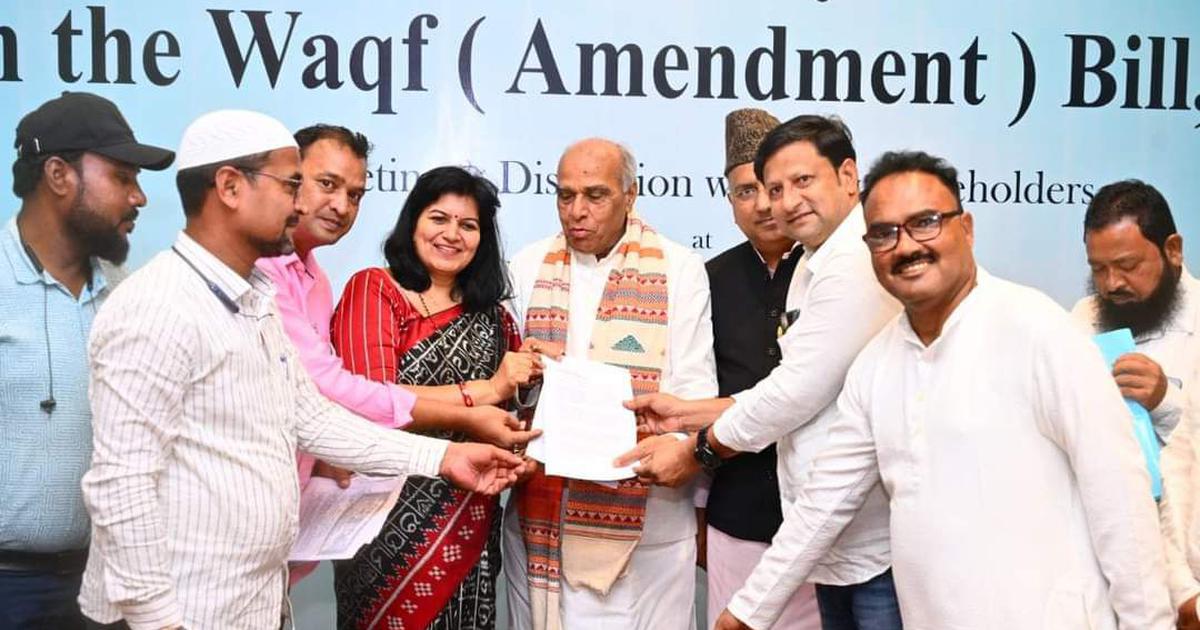
By MR Shamshad & Nabeela Jamil
What is a waqf? How can a secular country like India have any legal place for alien, Arabised terminology? Are Muslims in India being given “special treatment”? Why are waqf institutions allowed to capture land lawlessly?
These are some of the questions heard in discussions around the waqf, not only in the mainstream media but now even in many homes. The context, of course, is the introduction of the Waqf (Amendment) Bill, 2024, in Parliament. This article attempts to address some issues surrounding the waqf in light of the proposed amendment.
In the bouquet of different Islamic charities such as zaka’at and sadqa, waqf is a unique method of charity with roots in Islamic religious beliefs. To create a waqf, a person dedicates his self-acquired or inherited movable or immovable property in the name of Allah, and the benefits from such properties are used for objectives in consonance with the Islamic understanding of charity.
It is a common misunderstanding to only relate mosques and Madarsas to waqf properties. Many universities, orphanages, schools, and hospitals throughout the world function either on waqf lands or from the corpus of waqf money. These dedications are permanent: once the property is dedicated to waqf, the donor cannot take it back, akin to other charitable and religious dedications across faiths. From public and private to quasi-public and private, waqf properties have different natures.
This story was originally published in scroll.in. Read the full story here.





